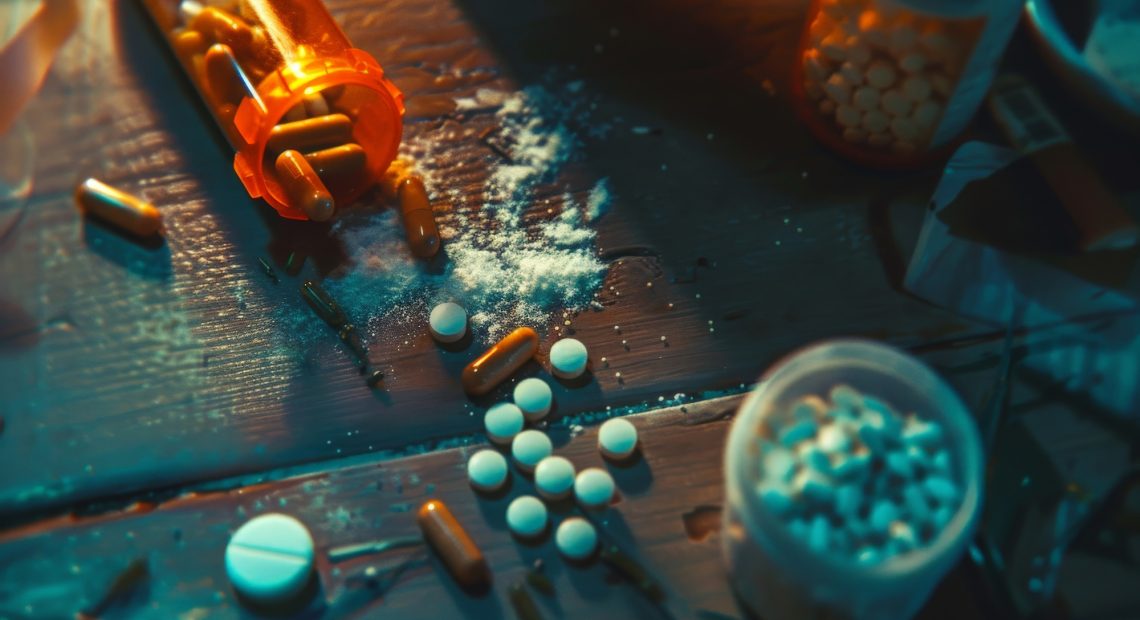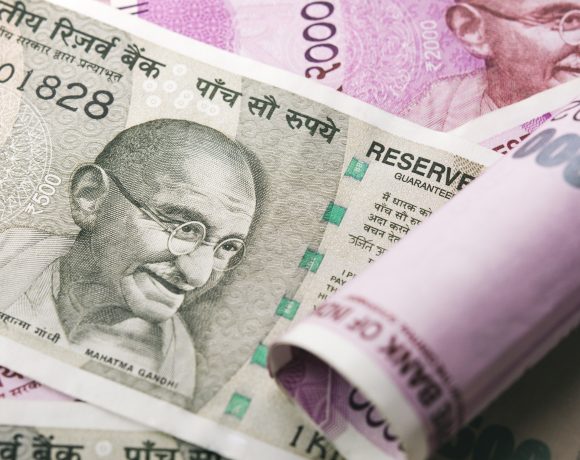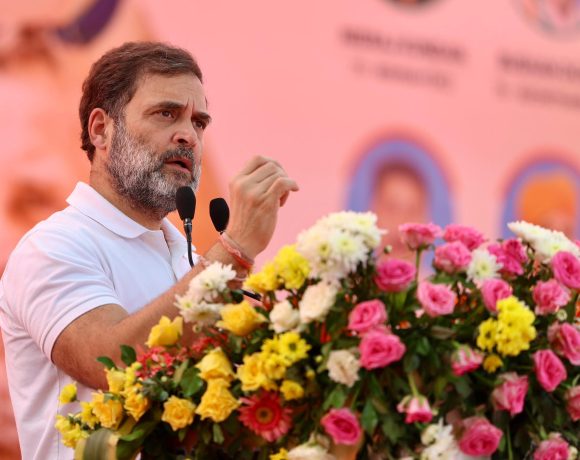
Central Labs Identify 47 Drug Samples as Substandard in Latest Quality Survey
Central drug testing laboratories have flagged 47 drug samples as “not of standard quality” in their latest monthly analysis. The substandard drugs include widely used medications such as vitamin supplements, antibiotics, and antacids, raising fresh concerns over quality assurance in the pharmaceutical sector.
The findings were part of a routine quality control exercise carried out by government laboratories to monitor the safety and effectiveness of drugs being sold in the Indian market. According to the Health Ministry, the quality lapses were specific to certain batches and do not reflect a broader issue with the overall products or brands. These results have been shared with the relevant authorities for appropriate regulatory action.
In addition to the samples identified by central labs, state drug testing laboratories reported 56 other cases of drugs that failed to meet prescribed quality benchmarks. Among them was a particularly serious incident in West Bengal, where a spurious drug was found to be manufactured by an unauthorized entity using the brand name of a legitimate pharmaceutical company. Investigations into this case are currently ongoing.
Authorities clarified that every month, hundreds of drug samples are collected and tested as part of standard procedures. Substandard, misbranded, or spurious drugs that are identified during these processes are promptly acted upon. Measures include recalling affected batches, investigating the source of the failures, and initiating penalties or prosecutions against violators when warranted.
Regulatory officials stressed that these actions are part of a systematic framework to ensure that drugs made available to the public adhere to national safety and quality standards. The government has reiterated its commitment to maintaining strict oversight of drug manufacturing and distribution, and ensuring that any lapses are addressed swiftly to protect public health.


















